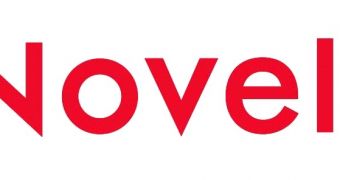The Paris-based Capgemini is one of the world's largest information technology, consulting, outsourcing and professional services companies with a staff of 75,000 operating in 30 countries. The Capgemini officials have recently announced their partnership with Novell Inc. for creating mixed, open source and proprietary software.
Under terms of the agreement, Capgemini will enhance its open source consulting practice with Novell capabilities, specifically centered on the development of IT solutions using SUSE Linux Enterprise from Novell along with mixed-source applications and management tools. Novell and Capgemini will join their forces for creating solutions in different domains such as integrated development tools and application stacks, end-user solution deployments based on the Linux desktop or data center virtualization and management.
Paul Hermelin, Capgemini CEO stated on this occasion:
"We are pleased to enter into this partnership with Novell.Every day we hear from more customers that open source is becoming a critical part of their IT strategy as they seek choice and value. Capgemini prides itself on its ability to help customers identify and deploy mission-critical technologies that will help them improve their IT infrastructure effectiveness, and this partnership with Novell is critical to fulfilling these needs. Novell, through its SUSE Linux Enterprise platform and ZENworks management suite, is a key vendor offering a complete solution."
Novell in its turn stated, through Ron Hovsepian, president and CEO:
"Among the global leaders in systems integration, Capgemini continues to lead and innovate in the consulting industry. With today's announcement, Capgemini makes a strong commitment to build the best solution for their customers with a flexible combination of open source and proprietary software. We're thrilled to be working with Capgemini to deliver true mixed-source solutions to help customers lower cost, reduce complexity and mitigate risk on their desktops and in their data centers."

 14 DAY TRIAL //
14 DAY TRIAL //